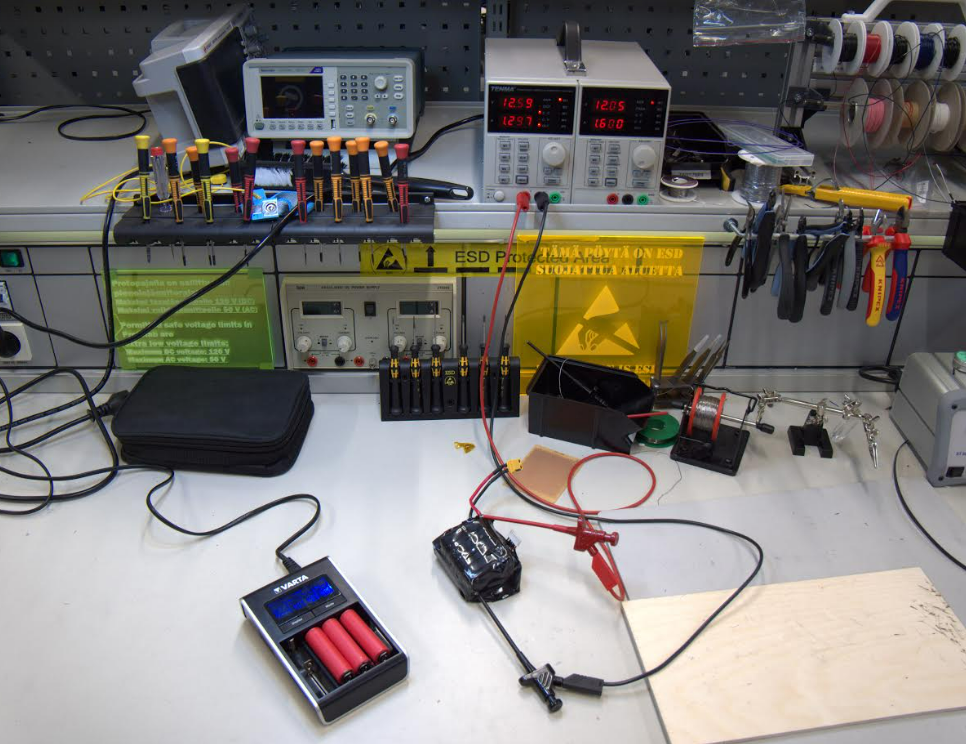If you chose electrical engineering as your major, you have probably heard from other students that it is the hardest major of all. You might have also noticed that there are not that many people taking the same specialization courses with you. Is it true that electrical engineering is hard?
Yes and no. It is “hard” because it requires you to know a lot not only about electrical stuff, but also mechanical (e.g. mechatronic systems), software (because you have to program whether it is a big industrial robot or a small Arduino circuit with a motor), power generating plants (mostly renewables), etc. As a rule, complex projects bring together people from different disciplines and they do what they do best. But electrical engineers might not have that deep knowledge about everything because they do not need to, however they have to know a lot about manufacturing, software, and other things due to the fact that electricity is everywhere (purely mechanical systems are going into the past as electro-mechanical ones are more efficient). Also, if you think about it, any major is hard as hell if you are not all the way into it. I am sure that electrical engineering is the coolest major of all.
I like that at LUT you get a diversity of courses that you can and have to take (mechanics, wind power and energy systems, thermodynamics, physics, math, etc.). However, half of the courses are poorly constructed and delivered (mathematics, you know what I am talking about). Moreover, some courses you think you might not need, like basics of power plant engineering (and you are probably right), but you still have to take those.
Be it as it may, the major is super fun. In-between boring studies, you can go to JHC and build something awesome either for project work or just for yourself. That is the place where you actually learn. As an example, you might have learned from the laboratory course how to use the batteries, but still you might have accidentally soldered right on them (you should use spot welder instead) or short circuited like 8 times so it sparks and heats up so that it almost explodes. Something like that could have happened when my team and I were building an anti-poaching drone for our project work. In a few words, it is a long lasting drone for tracking hunters in Africa using thermal camera. One of the scariest things we had to do was charging Li-ion batteries. Because of those terrible things we did to them, we cannot charge the battery pack normally through balance wire. Therefore, we had to improvise like making some batteries detachable and connecting the spot-welded ones directly to the source, which makes it to be quite a big safety hazard (but we did it carefully, I mean we are professionals after all).

Main takeaway: electrical engineering can get you in really cool and interesting places, as their knowledge is ample and diverse. We wire electronics on space rockets, build robots along with mechanics, code things to make our creations function properly. We are literally in the middle of technology because electricity powers pretty much everything nowadays. If you are thinking about becoming an electrical engineer – it is a wise choice. Meanwhile, I’ll go back to JHC building another robot.

Sergey Vorobey

